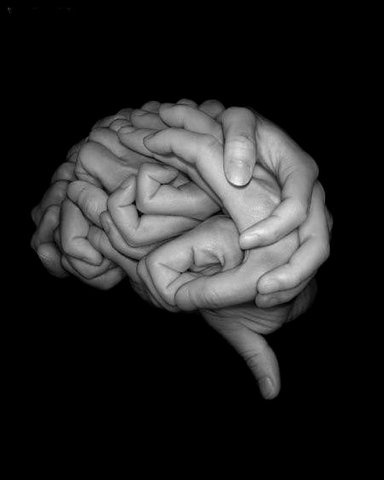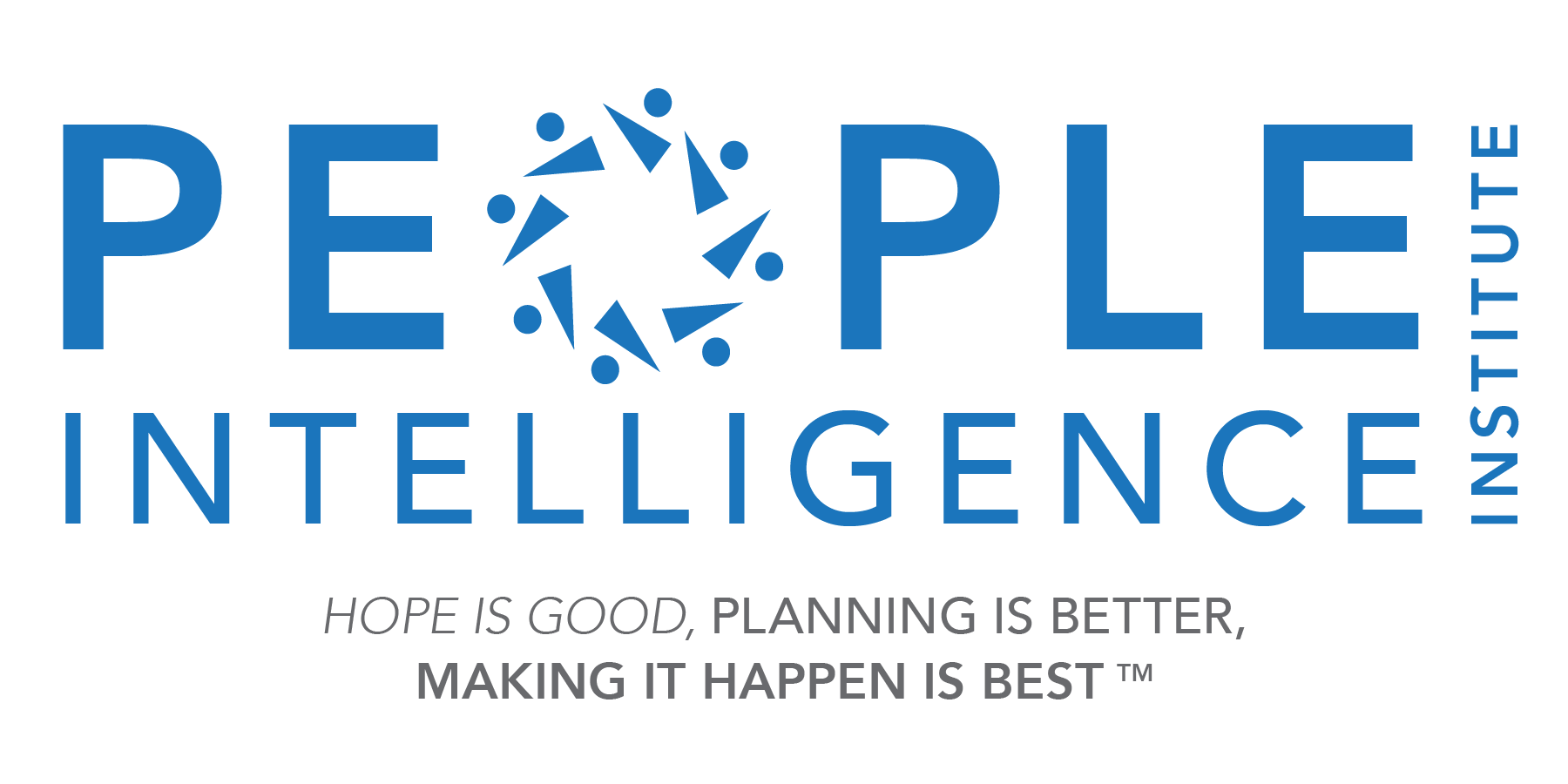"This course has helped train my eye and my mind to see more emotions in others, and as a result, have more successful interactions with others when they are emotional. I am more likely to notice things earlier, before escalation, when the potential to make better choices is stronger."
Read MoreLook Up
This video caught my attention because it is sending a message about the importance of our most basic form of communication; face-to-face. Our richest source of information about others comes from 5 channels, face, body language, voice, verbal style and verbal content.
Look Up starts with a poignant few words "I have 422 friends, yet I am lonely." In a nutshell the 5 minute video is summarized - yet it conitnues for another 4:55 making its case for why we need to look up and prioritize human, face-to-face interaction.
At 0:09 as Gary Turk, writter and performer in the video says "none of them really know me" watch the facial expression that follows. Interesting timing for the unilateral smirk (universal signal for contempt). As we know with facial expressions of emotion, we can tell what a person is feeling but we do not necessarily know why. Context helps to fill that gap and narrow down the hypotheses for behavioral clues. This is why probing into the why is just as important as observing and noticing sublte cues such as micro and macroexpressions that people give off.
Social Intelligence? There is a science for that.

When we think about the people in our lives we typically do so in terms of questioning the past or trying to predict the future. We wonder why we behaved a certain way or imagine how someone will react to news. The present however, is often elusive. That's because we don't have the capacity for deduction in-the-moment. We're not movie cyborgs equipped with millisecond data analysis in our periphery. We can't evaluate while we're in the process of real-time interaction. Well that's what we've thought. But what if our brains were actually conducting real-time analysis and feeding us data through our emotions? That is the crux of what Malcolm Gladwell described in "Blink" as "rapid cognition".
Humans developed a rapid cognitive process through which, for instance, we recognize signs of danger before we begin consciously deciphering what we see, leading to the often misunderstood notion that we possess extra-computational powers of observation, or a 'sixth sense'. Gladwell's work helped to demystify "thinking without thinking" related to external stimuli. In addition we are learning from the scientific community that this snap-perception capacity of humans is also present in social interactions. We use them in every situation from the mundane to the romantic to the dangerous.
Daniel Goleman explains our ability to very quickly 'get' an interpersonal exchange in his book "Social Intelligence", which details the study of social neuroscience. As an example Goleman reports; when a woman, who a man finds attractive, looks him directly in the eye, that non-verbal exchange triggers the release of dopamine in the man's brain. (Dopamine is a neurotransmitter associated with pleasure.) There is a measurable physiological reaction to the eye contact. This is because, as Goleman explains, "This science tells us our brains are mainly designed to connect to the brains of other people."
Our capacity to recognize the essence of a situation is not limited to (cue the music) "when we see a stranger across a crowded room". Our brains can detect hundreds of nonverbal messages in others which trigger emotional and physiological reactions in our brains and bodies. So why don't we act upon what we're feeling? The problem is we tend to think too much. We rationalize our feelings (perceptions) as emotional and therefore invalid because we've been taught that emotion and logic are mutually exclusive. The truth is emotions are integral to effective human behavior, not in conflict with it.
The better approach is to learn to recognize emotions, understand their triggers and train ourselves to discern the truth - to increase our social/emotional intelligence through training and practice.
Although we perceive and react to stimuli in a sort of subterranean cognitive process, the action happens so rapidly we don't notice it on a conscious level. We react to it on an emotional level - what we do unconsciously during that process is counter with shifting body language or we leak out our feelings through micro facial expressions. These movements create a reaction in the other person and the cycle continues in a constant loop.
Events happen in totality and with good reason. Our survival depended upon understanding the biggest possible picture in the shortest period of time. Our brains evolved to help us consolidate so for example, we don't separately remember potatoes, salad and chicken; we remember dinner. This same ability can make social interplay complicated. It's only after a conversation or some other exchange that we disaggregate the collective aspects of the event, often second-guessing our actions and reactions.
We don't need to have these low-grade regrets. The science of social intelligence tells us we can slide the description of human interaction from the complicated to the complex, making it less cosmic and more deductive.
The goal is to understand the science of human interaction, to learn how emotions drive behaviors and to learn to recognize emotions in ourselves and others so that "in the moment" we can understand what is transpiring. We can learn to embrace the good in a situation and be wary of what is less so. You will be astonished by what you see once you know what to look for.
